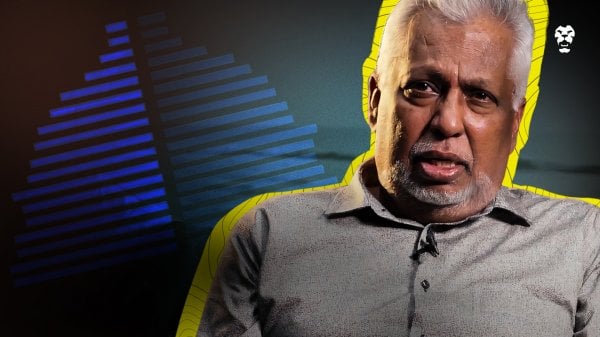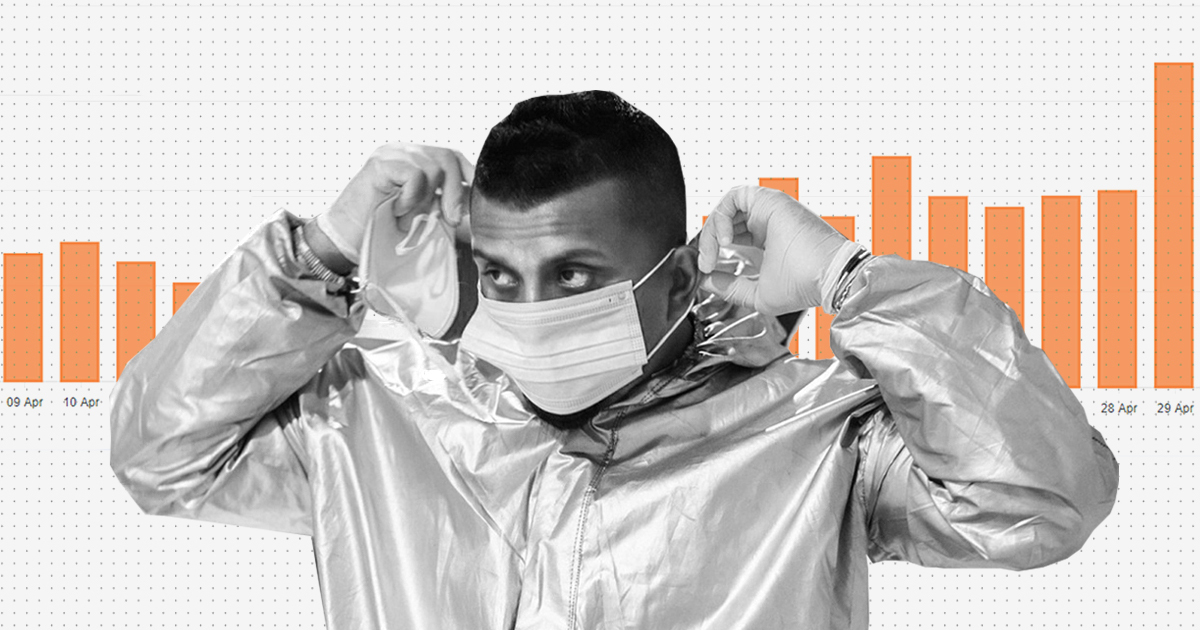
Sri Lanka is bracing to endure a surge in COVID-19 infections in the coming weeks, with infection rates spiking dramatically in the past 10 days. Despite medical experts such as the Sri Lanka Medical Association (SLMA) referring to this as a “third wave”, government authorities maintain that there is still no community spread of the virus and that all recent cases are from the recently–named New Year Cluster.
In anticipation of a potential “third wave”, here’s everything you need to know about vaccinations, testing, and more:
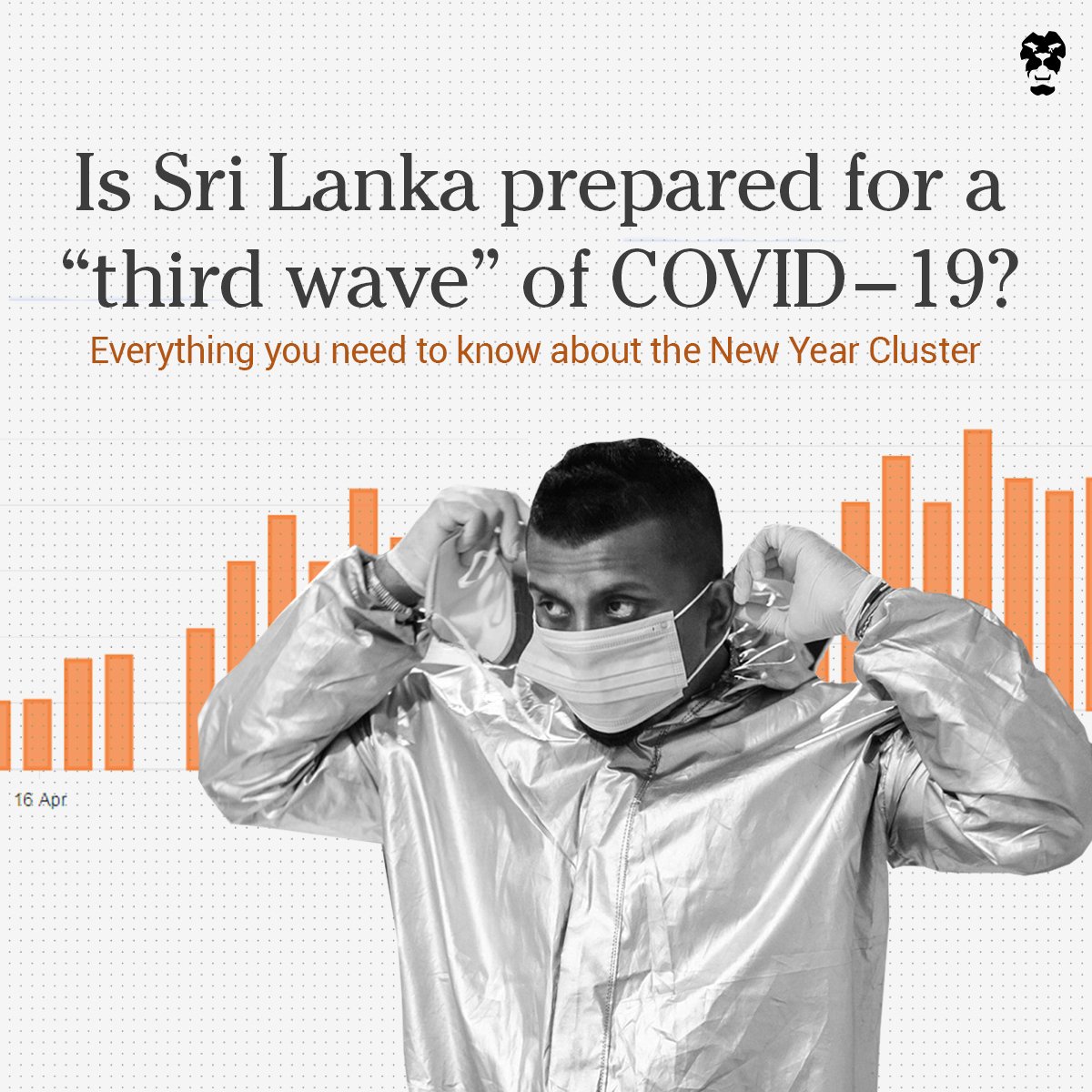
Vaccinations resumed on 28 April, with frontline workers such as healthcare workers, the tri–forces and police receiving second doses of the Oxford-AstraZeneca vaccine. Second doses will be administered to the rest of the public in May.
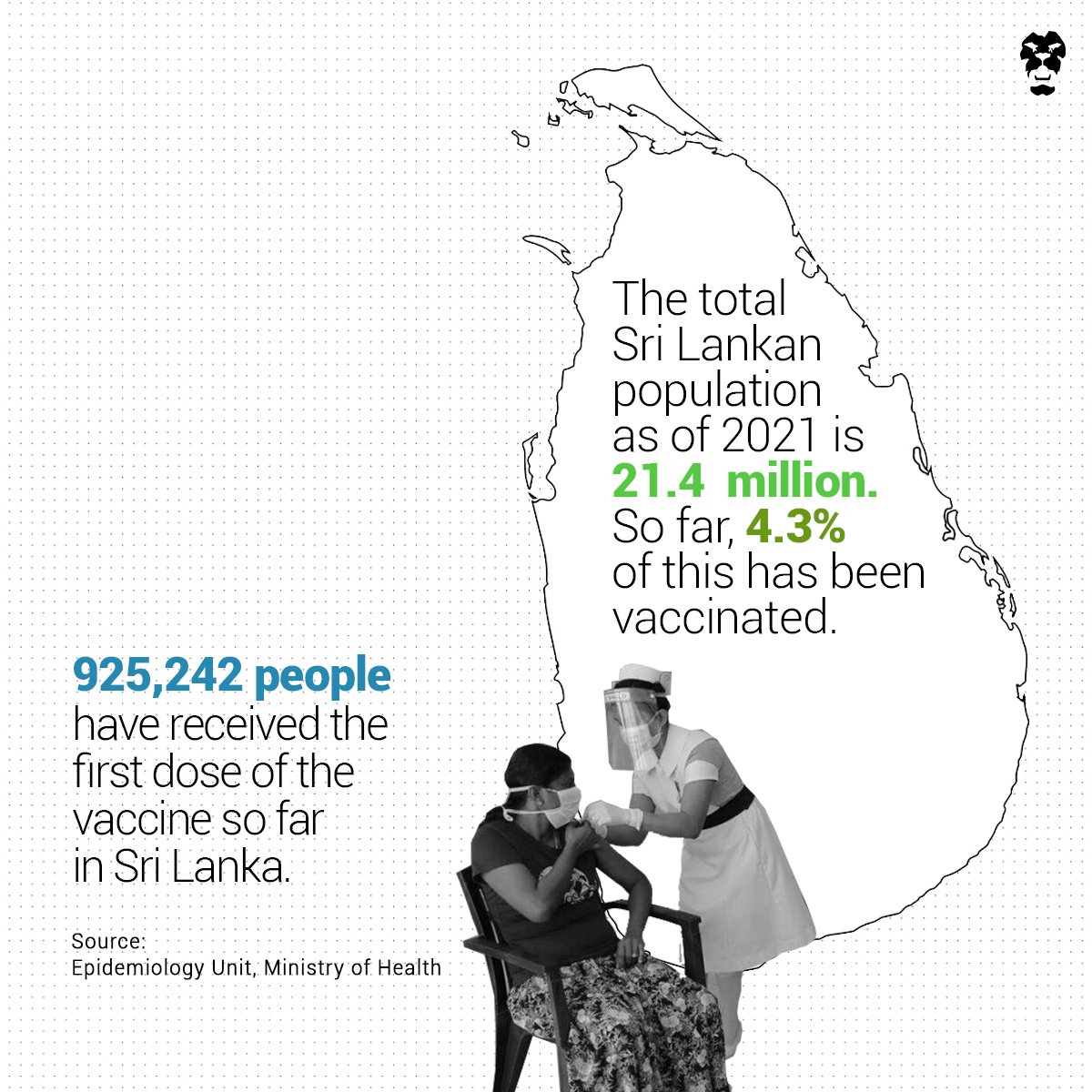
Presently, only 4.3% of the country’s total population has received the first dose of the vaccine.
There has been a surge in cases of COVID-19 recorded daily in the past week, reaching a record high of 1,531 cases on 29 April. Testing has also been increased accordingly, with authorities conducting roughly between 12,000 and 16,000 PCR tests per day in the last week.
In the past month, Sri Lanka recorded 95 deaths, with almost a third of those deaths occurring in the past week.
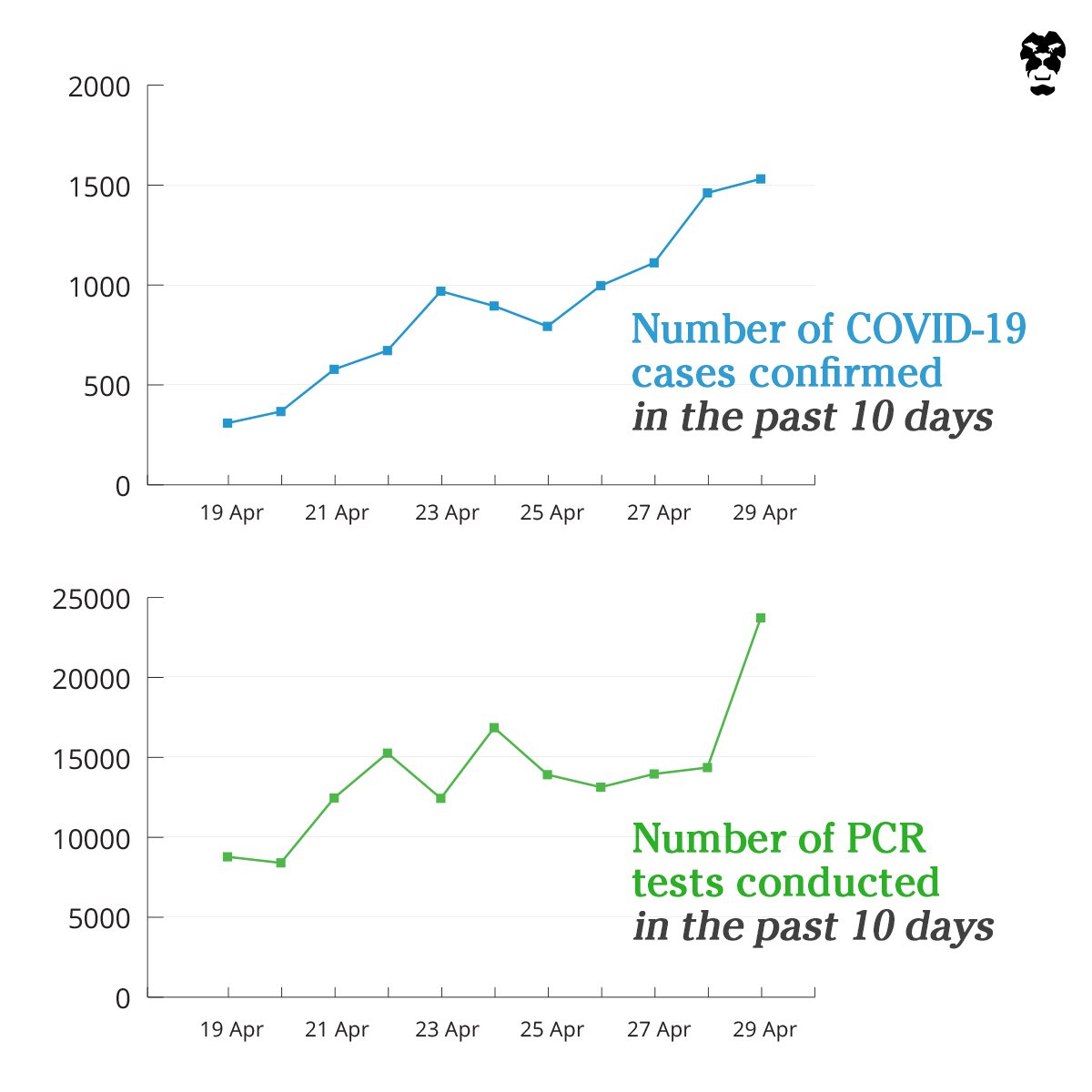
Recent cases of COVID-19 appear to be of a new variant of the virus, the B.1.1.7 lineage. Originating in the United Kingdom, the strain is 50% more transmissible than earlier variants as a result of its ability to remain airborne for nearly an hour, according to Prof. Neelika Malavige, head of the Department of Immunology and Molecular Sciences at the University of Sri Jayewardenepura.
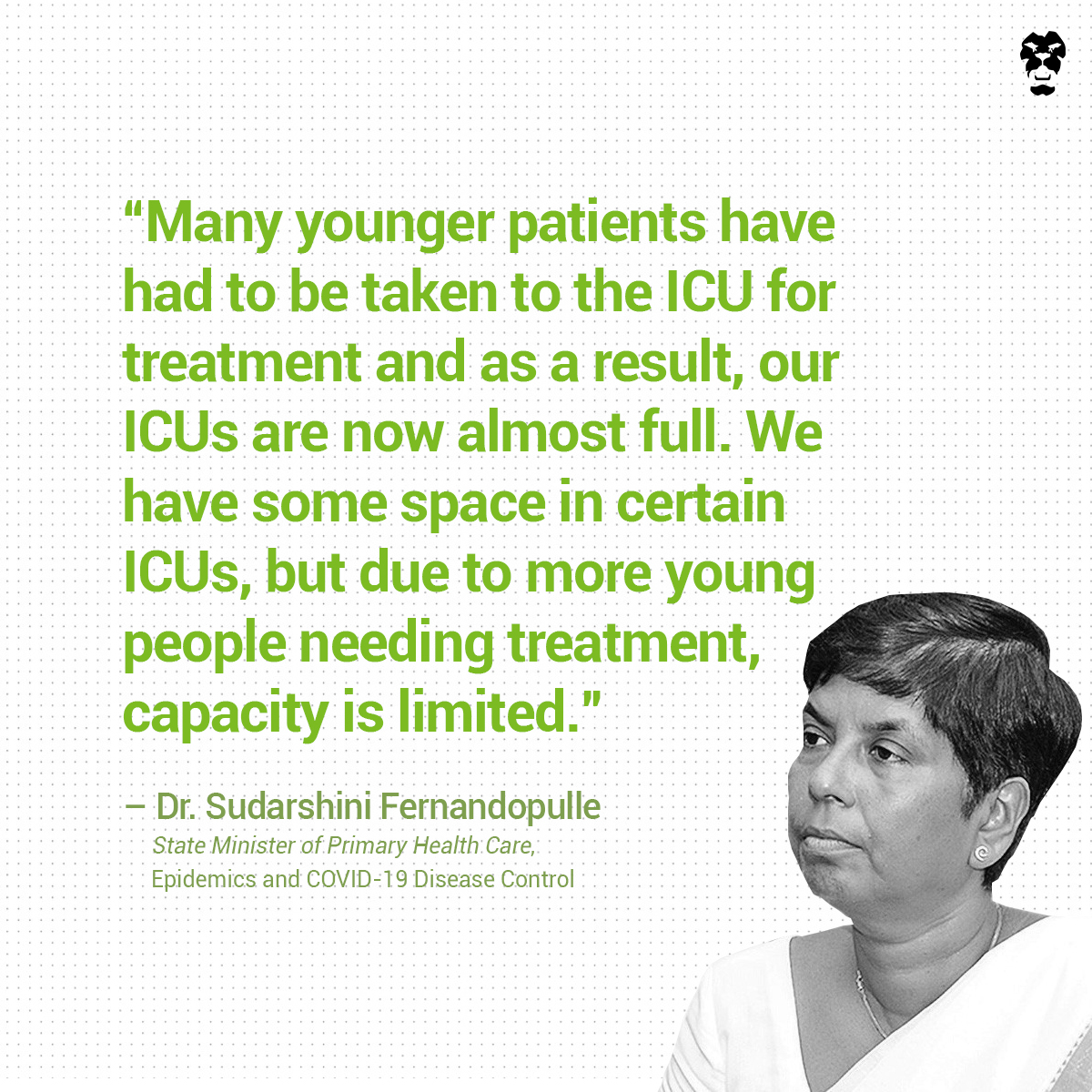
Younger people appear to be more susceptible to the currently circulating strain of the virus and the symptoms are more apparent than previous strains, particularly concerning breathing difficulties, according to Director General of Health Services Dr. Asela Gunawardena.

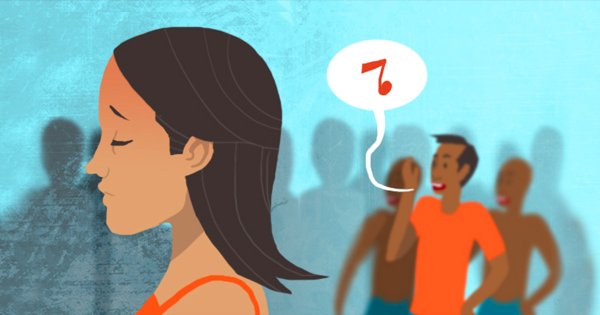
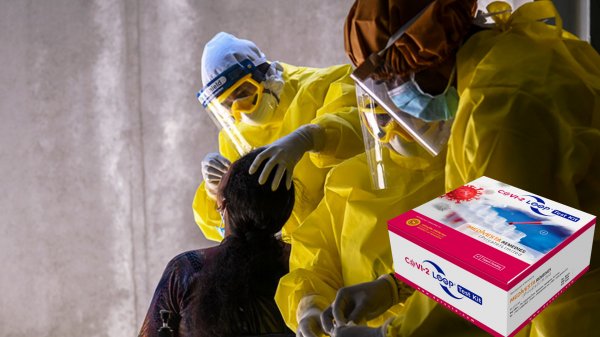
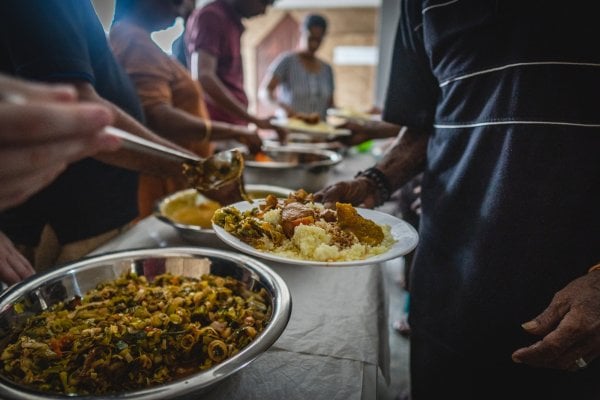
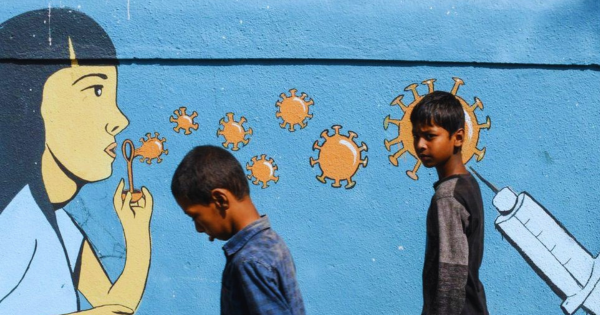
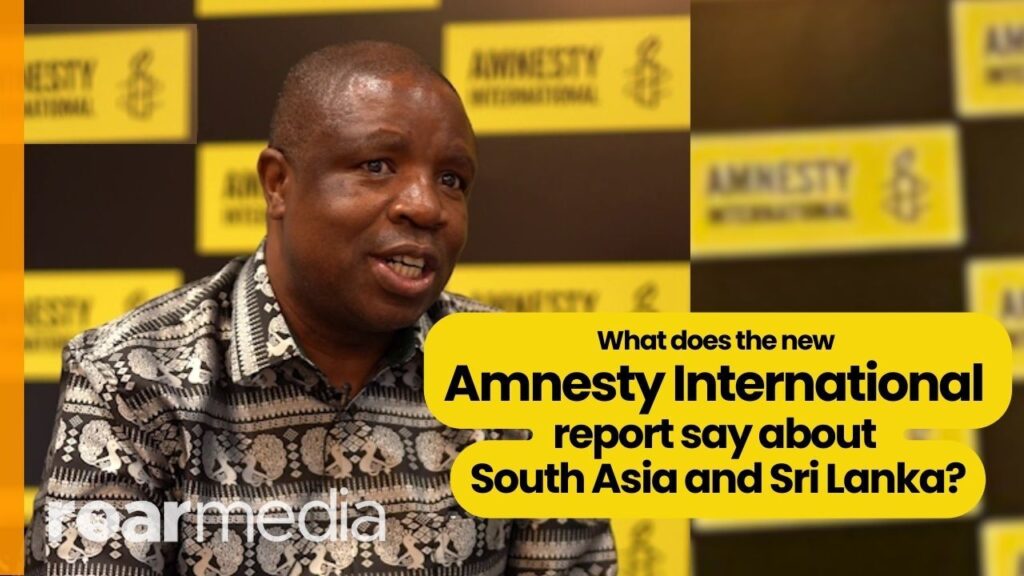
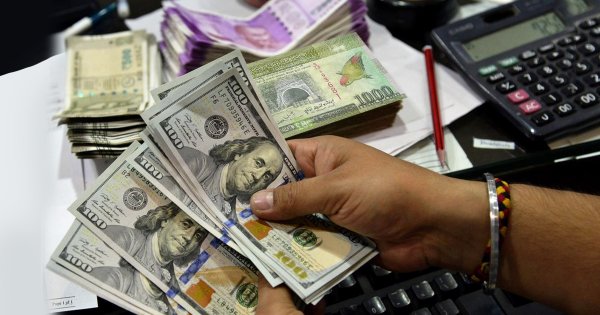
.jpg?w=600)
